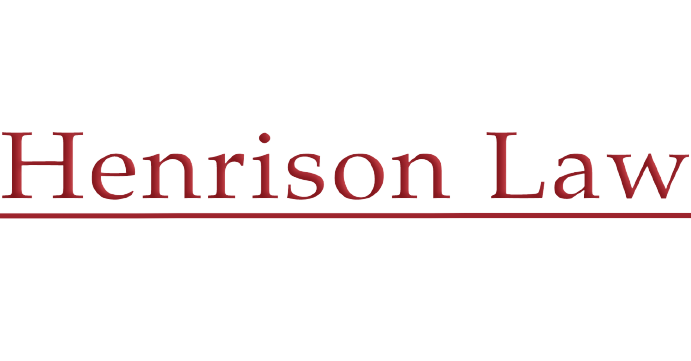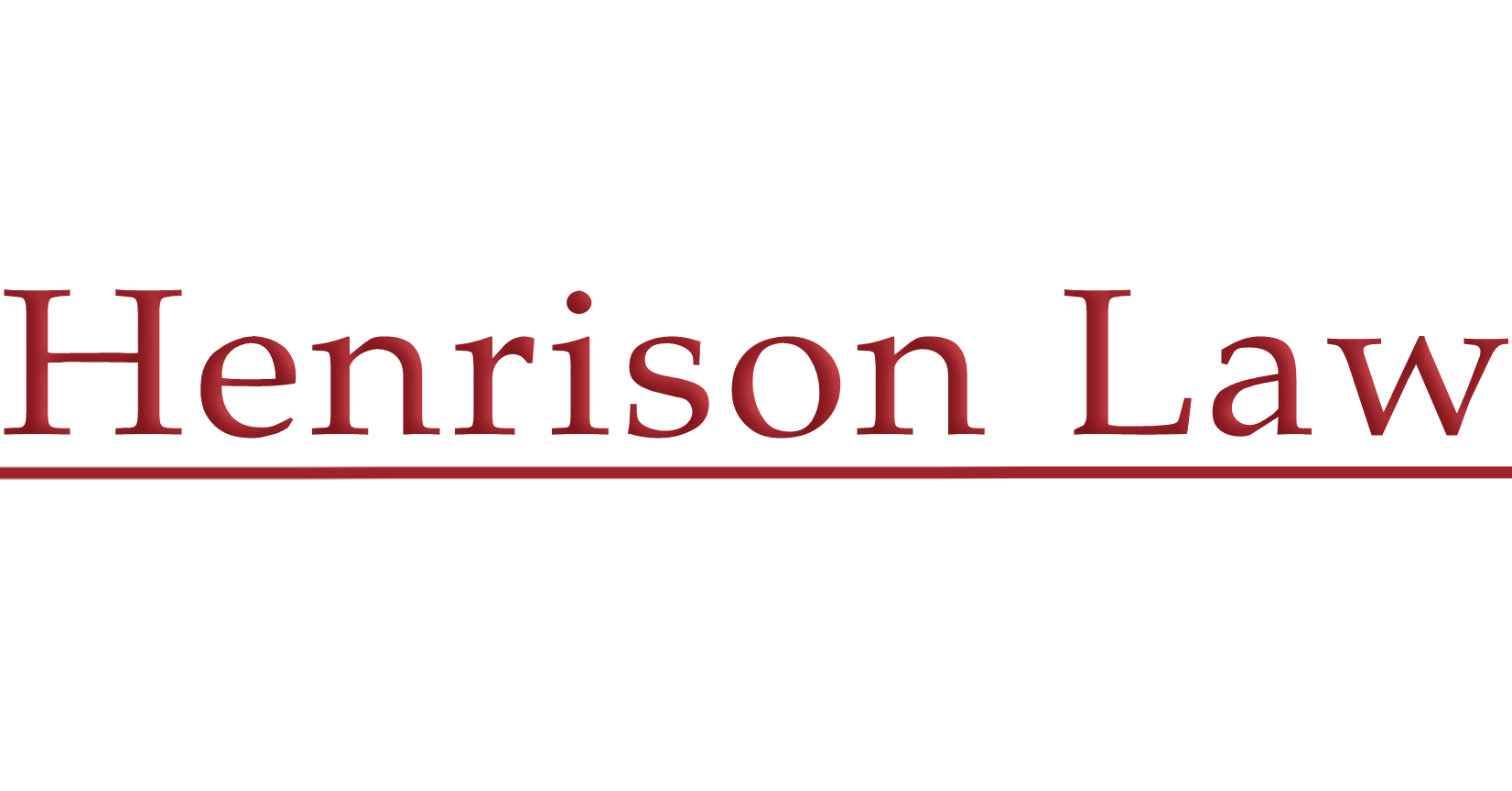Anti-Bribery and Corruption Compliance
For Vietnam Businesses
At Henrison Law, we were honoured to be invited as a guest speaker at the recent event hosted by the Australian Chamber of Commerce in Vietnam (AusCham), titled “Charting Integrity: Bribery Prevention & Compliance for Australian Businesses in Vietnam.”
Alongside experts from KPMG Vietnam, Allens, and Export Finance Australia, our Managing Lawyer, Mr. Phat Tran, shared practical insights into the legal risks and regulatory frameworks that Australian businesses should be aware of when operating in Vietnam.
The session attracted a wide audience of business owners, risk managers, and legal professionals, all seeking to better understand how Vietnam’s legal system deals with bribery and corruption—and what businesses can do to stay compliant while protecting their reputation and operations.
What Does Vietnam’s Legal Framework Require?
For Australian businesses operating in Vietnam—especially small and medium-sized enterprises (SMEs)—it’s important to understand that Vietnamese law is the primary legal system governing your operations in-country. While Australian anti-bribery laws like the Commonwealth Criminal Code may still apply, it is Vietnamese law that will be enforced on the ground, by Vietnamese authorities.
Unlike some jurisdictions, Vietnam’s legal system does not always provide a detailed list of what businesses “can” or “cannot” do when it comes to preventing bribery. Instead, companies are expected to proactively interpret and apply a wide range of laws, from both anti-corruption and industry-specific regulations, to build their own internal compliance frameworks.
Here are three legal layers that businesses need to understand:
1. General Anti-Corruption Law
This is the foundation. Vietnam’s Law on Anti-Corruption sets out general obligations to prevent, detect, and address corrupt behavior within organisations—both in the public and private sectors. However, it does not provide step-by-step rules for implementation, so companies must translate these principles into practical policies.
2. Sector-Specific Regulations
Different departments of your business are also governed by specific laws that can help shape your anti-bribery efforts:
- Enterprise Law – defines roles and responsibilities of management, helps separate powers and reduce opportunities for abuse.
- Accounting Law – sets procedures for payment approval, limits on individual authority, and financial oversight.
- Commercial Law – guides how contracts are negotiated and approved, which is key for preventing manipulation in procurement and sales.
These laws provide the building blocks for a company’s internal control system. Without them, it’s hard to know where risk starts—or how to stop it.
3. Enforcement Mechanisms
Vietnamese law also outlines how violations are dealt with, both inside the company and under state enforcement:
- If an employee commits bribery, companies may apply internal discipline, and in serious cases, seek compensation through civil claims.
- If the company itself is involved, penalties may include administrative fines, civil lawsuits from business partners, or even criminal prosecution of the legal entity and its directors.
These enforcement options can overlap and happen at the same time. That’s why companies need clear rules—and a strong legal team—to avoid small mistakes turning into major legal liabilities.
Real-World Risks: Where Corruption Can Happen in Practice
Anti-bribery compliance doesn’t live in theory—it lives in daily business decisions. Many business owners assume corruption is a “government” issue. But in reality, bribery can happen in entirely private, commercial contexts. Even well-meaning companies may get caught up in violations without knowing it.
Here are three common business areas where risks often arise in Vietnam:
1. Banking and Loan Disbursement
Banks in Vietnam operate under strict regulatory control. However, in practice, companies seeking quick loan approvals, preferential interest rates, or smoother disbursement may offer informal payments to banking staff.
While this may seem like “just speeding up paperwork,” it can cross the line into unlawful conduct, especially if the payment leads to unfair advantages or internal manipulation.
2. Procurement and Sales
Bribery in sales and purchasing can go both ways—either when your team is buying, or when they’re selling:
- In purchasing, staff may ask suppliers for kickbacks or inflate prices to take a cut of the margin.
- In sales, your customers’ employees may demand commissions or ask you to adjust invoices to hide under-the-table payments.
The legal line is simple: if the request comes from a company and is documented, it may be a commercial negotiation. But if the demand comes from an individual employee for their personal gain, it can become a bribery offense—even without cash involved.
3. Recruitment and Promotions
This is a risk many SMEs overlook. Candidates or employees may offer gifts or payments to HR or department heads in exchange for:
- A job offer
- A promotion
- A salary raise or favorable performance review
While these acts may seem internal, they pose major legal risks—especially if they lead to unqualified hiring, internal resentment, or external lawsuits.
Practical Solutions: How to Build an Anti-Bribery System That Works
So how can a business actually prevent bribery from happening? The answer isn’t just having a “no bribes” policy. What matters is whether your company has a working system—one that turns legal principles into daily practice.
At Henrison Law, we recommend a three-part approach that combines legal structure, enforcement tools, and risk monitoring:
1. Build the Right Legal Framework
Start by working with experienced legal professionals who know both Vietnamese regulations and the local business environment. They can help you:
Draft clear internal policies: financial regulations, purchasing rules, HR codes.
Localise your parent company’s compliance program to fit Vietnamese law.
Design an Approval Matrix that defines who can approve what—and at what level—across key functions like hiring, procurement, and finance.
This foundation helps limit unchecked discretion, which is often where misconduct begins.
2. Turn Policies into Action
Once the framework is in place, your policies must be applied in day-to-day operations:
Set up internal systems to automate approval and documentation.
Define clear workflows for sensitive transactions (e.g. supplier onboarding, staff promotion).
Appoint compliance monitors, or assign legal staff to oversee red-flag areas.
Importantly, make sure your employees understand these rules—not just sign them. Training and regular reminders go a long way.
3. Monitor, Audit & Respond
Even with the best system, risks remain. That’s why monitoring is essential:
Conduct internal audits annually or on a risk-based schedule.
For more independence, consider external audits—by law firms or compliance consultants.
Maintain a whistleblowing channel that allows staff to report concerns anonymously.
We often recommend that this whistleblowing channel be managed by a third party, such as a law firm, to ensure employees feel safe and protected when raising concerns.
Compliance Is an Investment, Not a Burden
At Henrison Law, we’ve helped many foreign-invested companies design anti-bribery and compliance programs that actually work—programs that fit their business, their industry, and the way things operate in Vietnam.
For many small and medium-sized businesses, building an anti-bribery system may sound like extra work—or a cost that can wait. But the truth is: compliance is not a burden. It’s protection.
A strong internal system helps your business:
Avoid unnecessary legal trouble
Maintain trust with partners and regulators
Preserve your company’s reputation and leadership team
More importantly, it shows that your business is serious about integrity—not just on paper, but in action. This matters in Vietnam, where the legal system is evolving, and where both government and private-sector enforcement are becoming more active.
CONTACT OUR TEAM

The material on this website (“Insights”) is provided by Henrison Law LLC for general information only. It is not intended to constitute, and should not be relied upon as, legal advice in relation to any specific matter. No solicitor-client relationship arises from your access to, or use of, these Insights.
You must not quote, reproduce, distribute, or refer to any part of the content in another publication or proceeding without the Firm’s prior written consent, which may be granted or withheld at our sole discretion. To obtain permission to reprint or reuse any Insight, please email info@henrisonlaw.com.
The opinions expressed are those of the individual authors and do not necessarily reflect the views of Henrison Law LLC. We accept no responsibility for any loss that may arise from reliance on the information published here.
Henrison Law
Henrison Law is a private legal services firm headquartered in Ho Chi Minh City. Our expertise focuses on advisory and transactional work in the areas of corporate and M&A, commercial transactions, foreign investment, data privacy, compliance and governance, employment law, aviation, relocation and residence, and dispute resolution. With practice groups spanning from transactional to litigation work, we are dedicated to delivering practical, effective legal solutions to both international and local clients in a timely and cost-efficient manner.



